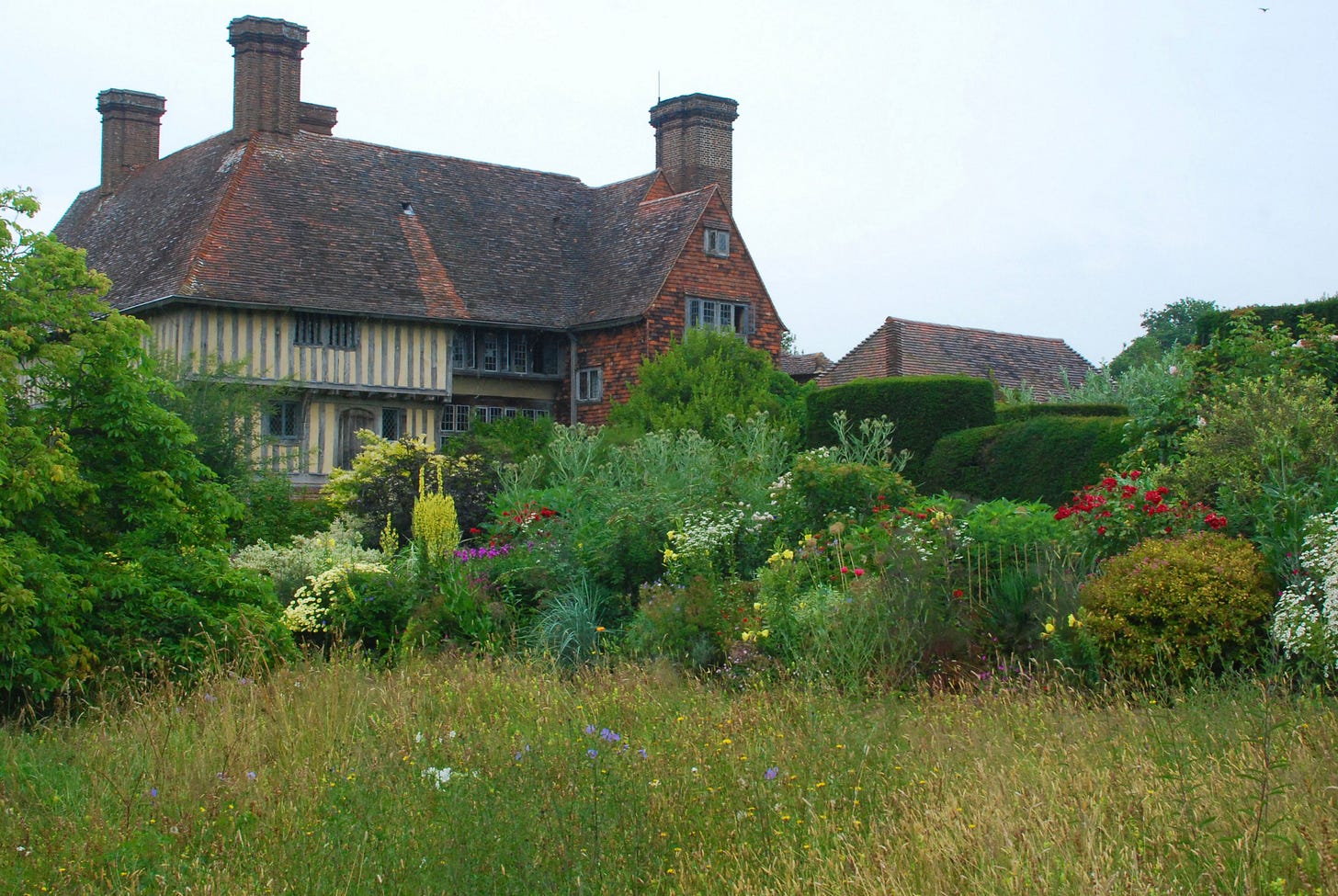The Generosity of Great Dixter
A series on Great Dixter and it's influence on North American Gardeners
“The great thing is not to be timid in your gardening, whether it's colours, shapes, juxtapositions or the contents themselves. Splash around and enjoy yourself. If you buy a banana, it'll not be for its fruit (go to the greengrocer for that) but for its huge leaves. There are some fantastic kinds around …
Keep reading with a 7-day free trial
Subscribe to Julie Witmer Gardens Newsletter to keep reading this post and get 7 days of free access to the full post archives.





